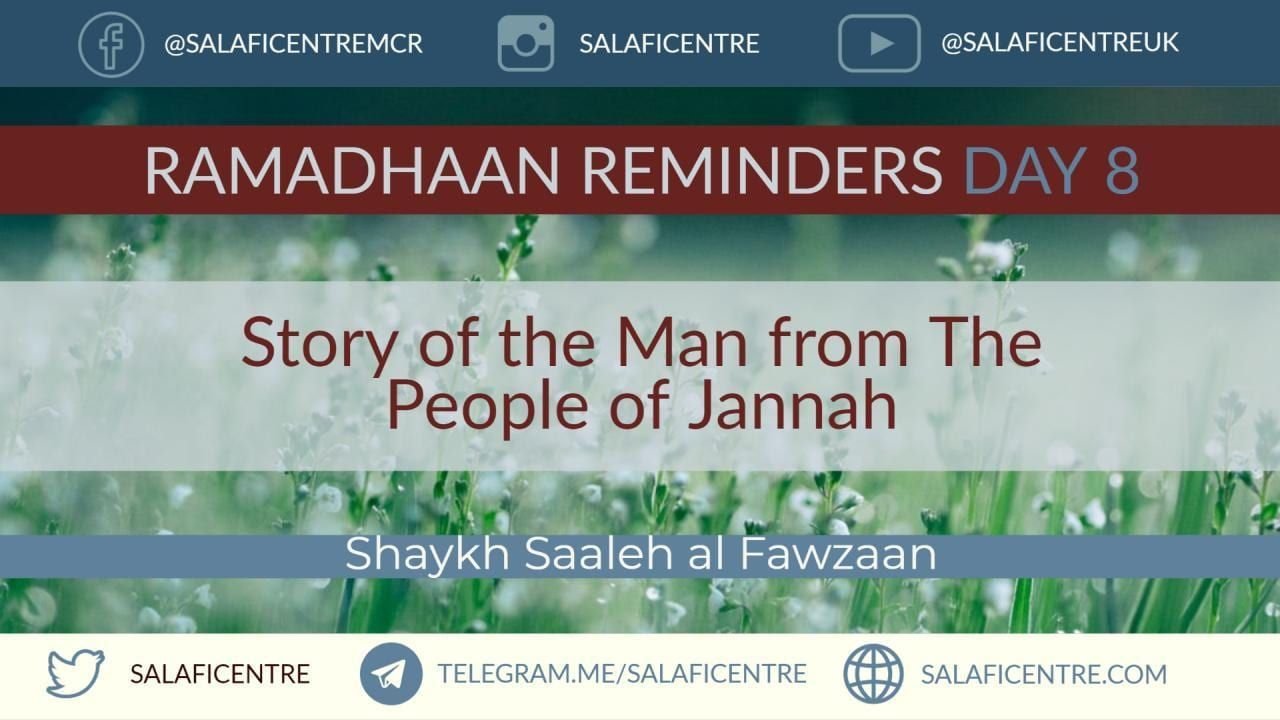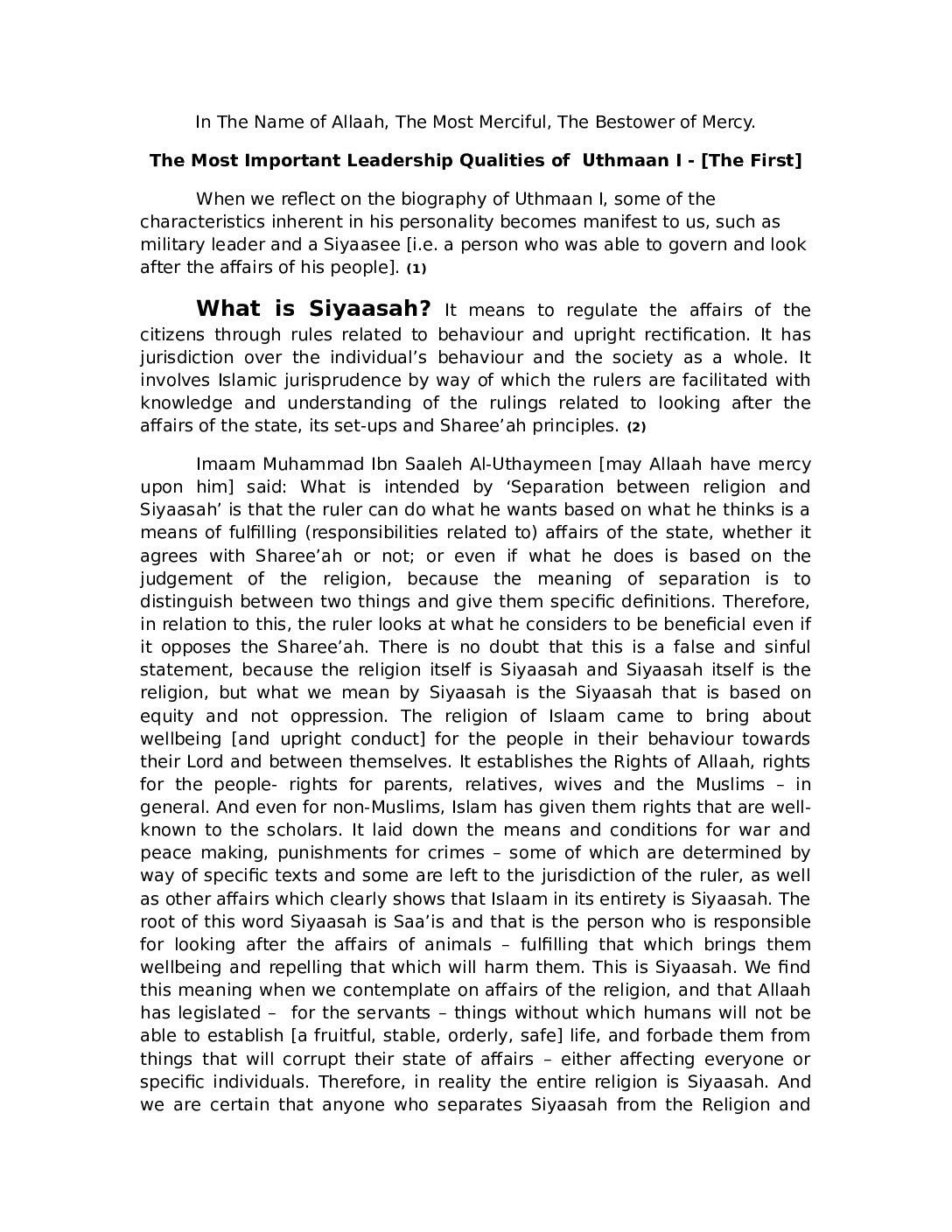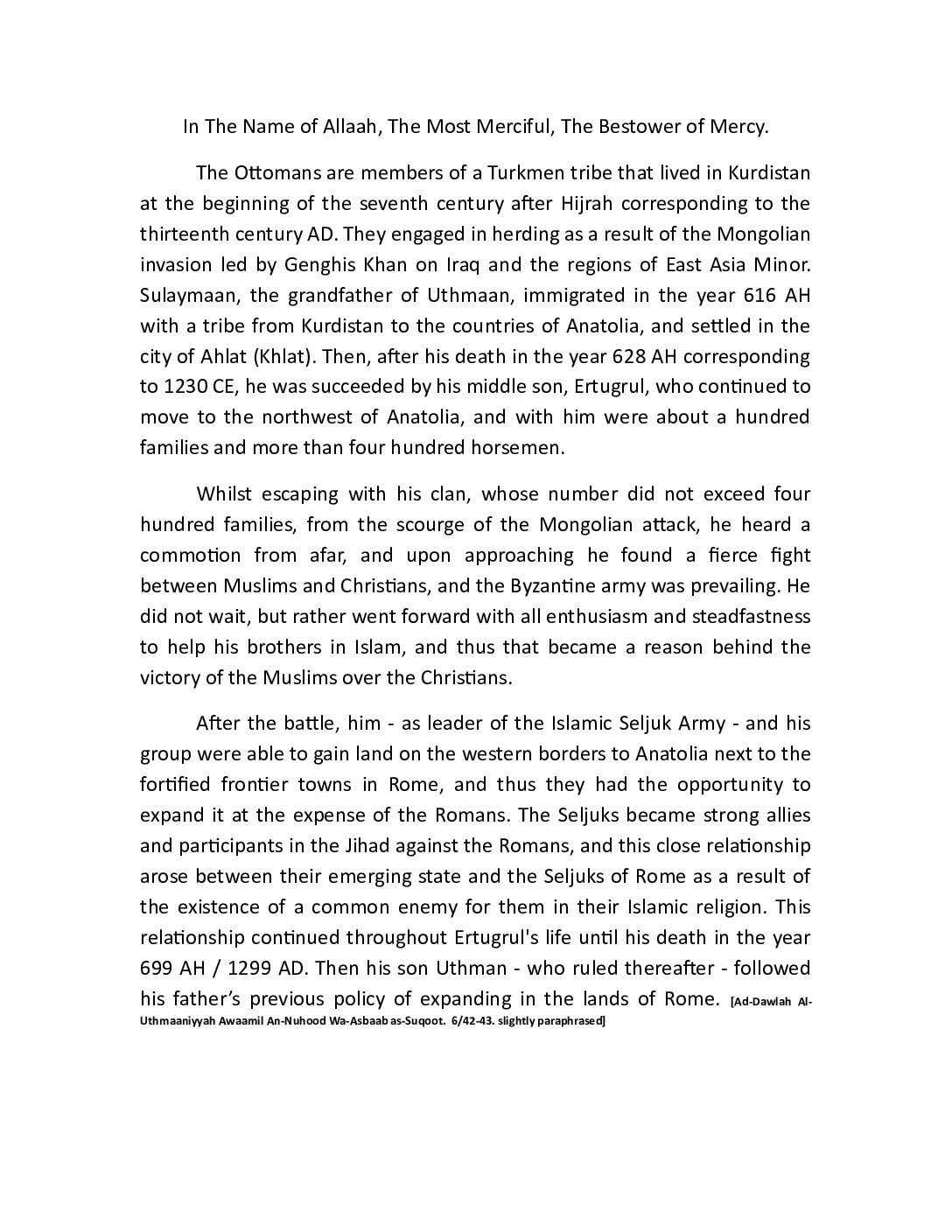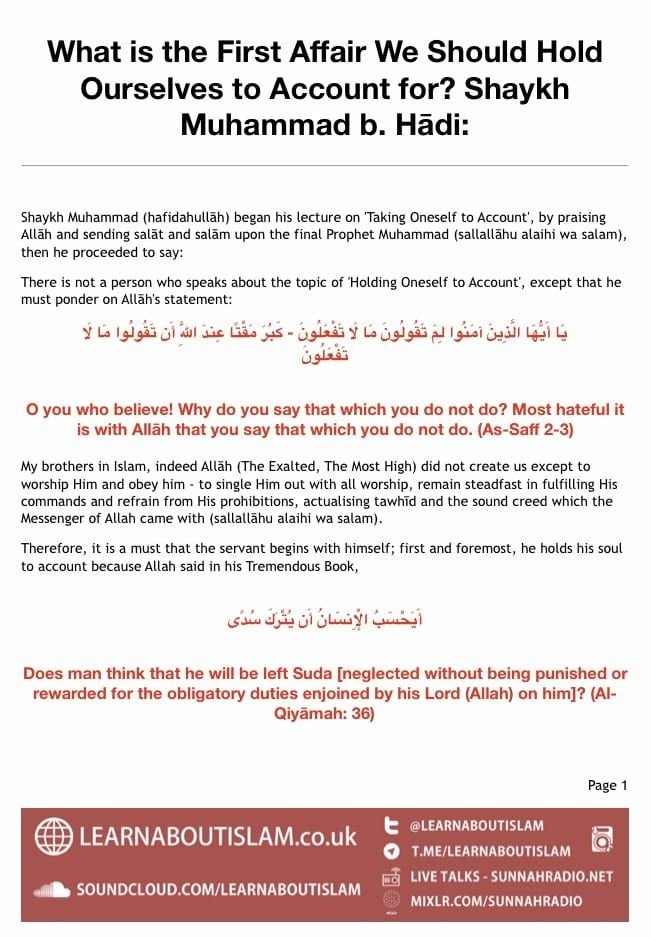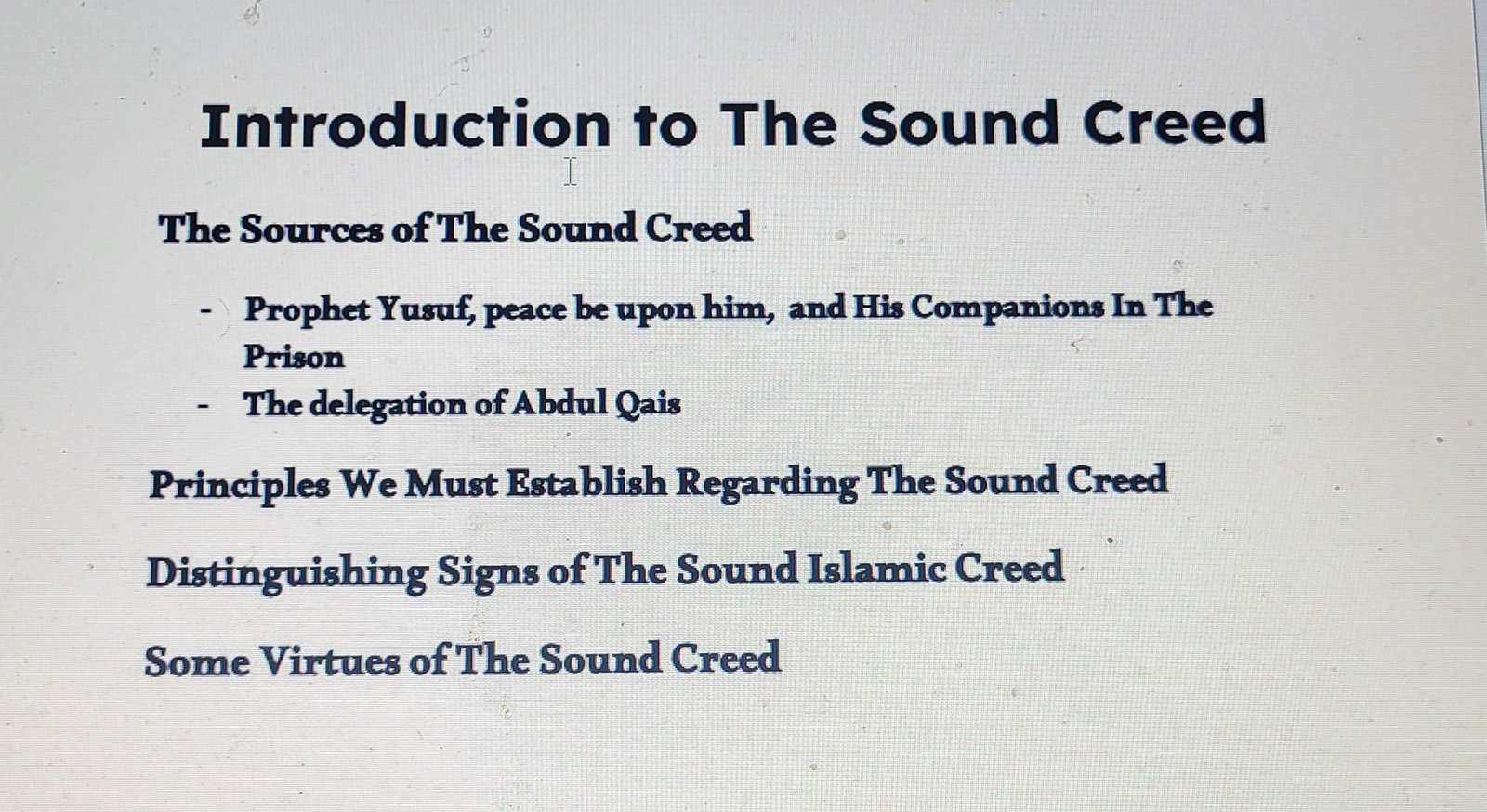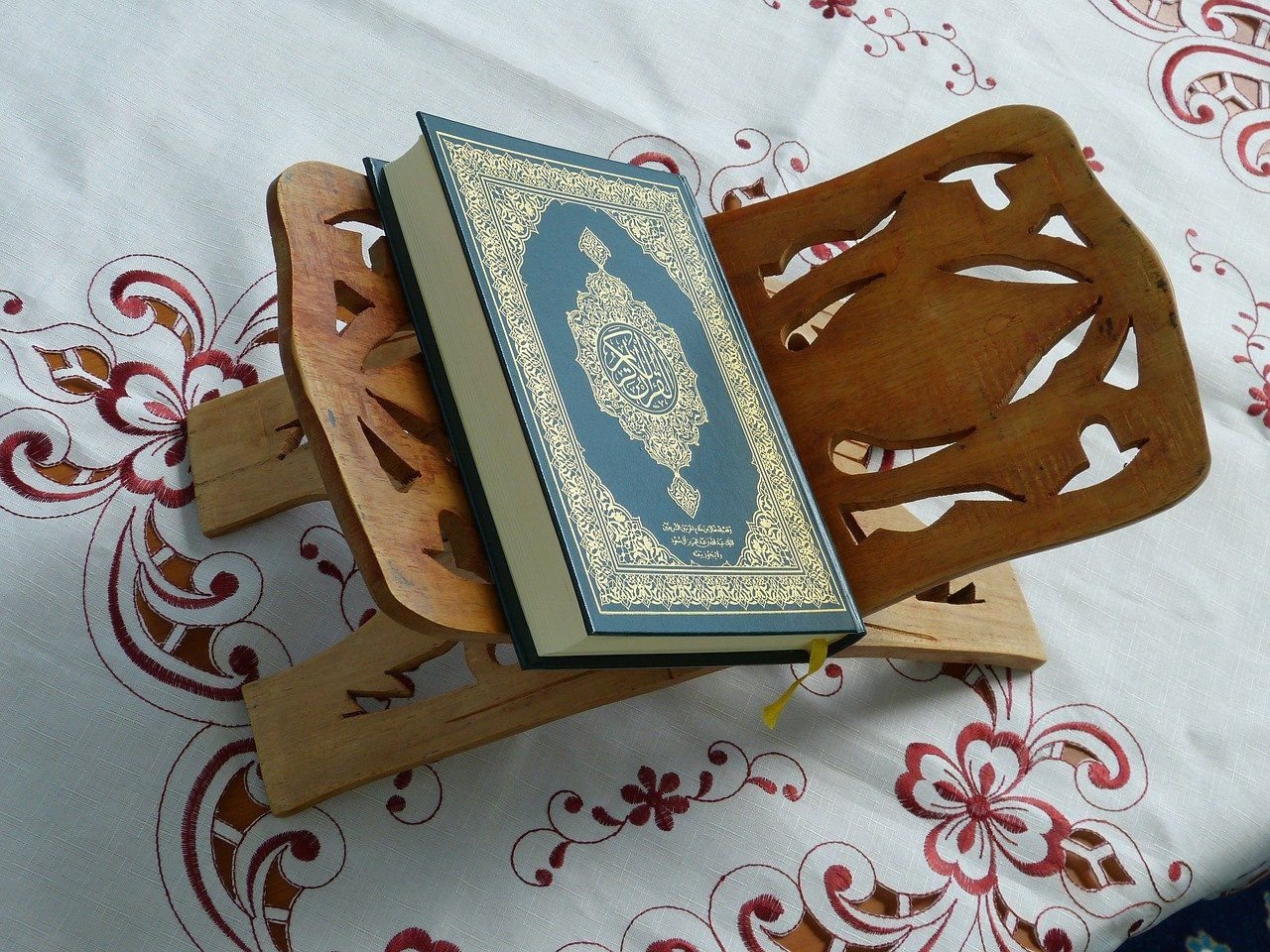“Where in the Qur’an does it tell you how to Cook this Meal?” Shaikh ibn ul-Uthaymeen
بسم الله الرحن الرحيم
Indeed the Qur’an was sent by Allah as a guidance to creation, it is as the prophet صلى الله عليه و سلم would say in the weekly Friday sermon, “Indeed the best of speech is the Book of Allah, and the best of guidance is the guidance of the prophet صلى الله عليه و سلم and the most evil of affairs are the newly invented, and every innovation is misguidance”. Indeed Allah revealed this Book in order that the people may be removed from darkness to light, from shirk to tawheed. The Qur’an that holds no contradictions but rather all of its information is true and correct, the Qur’an along with the Sunnah that is a clarification and guidance in all affairs.
Upon this point regarding the Qur’an being a guidance for all affairs al-‘Allama ibn ul-Uthaymeen رحمه الله mentioned a story regarding a christian scholar who questioned a muslim scholar whilst in a restaurant upon the specifics pertaining to the cooking of a particular meal! The shaikh mentioned in one of his khutab that a muslim person of knowledge was sat in a restaurant and a christian approached him and stated as a challenge to him, “You say that the Qur’an is a guidance in all affairs, so where in the Qur’an does it tell you how to cook this meal?” Allah سبحانه و تعالى inspired the person of knowledge to have insight in answering the question, and so he called over the chef, once the chef arrived he asked him how to cook the particular meal he was eating, and so the chef explained the process. Thereafter the person of knowledge said to him, “This is what the Qur’an has taught us “فاسأوا أهل الذكر إن كنتم لا تعلمون“….ask the people of knowledge if you do not know. In this way he explained that the manner of discovering the process of cooking the food was indeed taught in the Qur’an!
Shaikh ibn ul-Uthaymeen رحمه الله stated, “In this noble ayat is instruction on the manner of seeking knowledge of an affair that is unkown to you, and that is that you ask the one upon knowledge in that affair”.
This was an example the Shaikh presented to illustrate the point of returning to the people of knowledge in our religious affairs, since without doubt returning to the scholars is a matter of importance, and certainly we speak of the well grounded firm scholars in knowledge the likes of Shaikh al-Fawzan, Shaikh al-Luhaidan, Shaikh Zaid bin Haady, Shaikh Rabee’, Shaikh ‘Ubayd حفظهم الله and many others in our time now and all praise is due to Allah.



